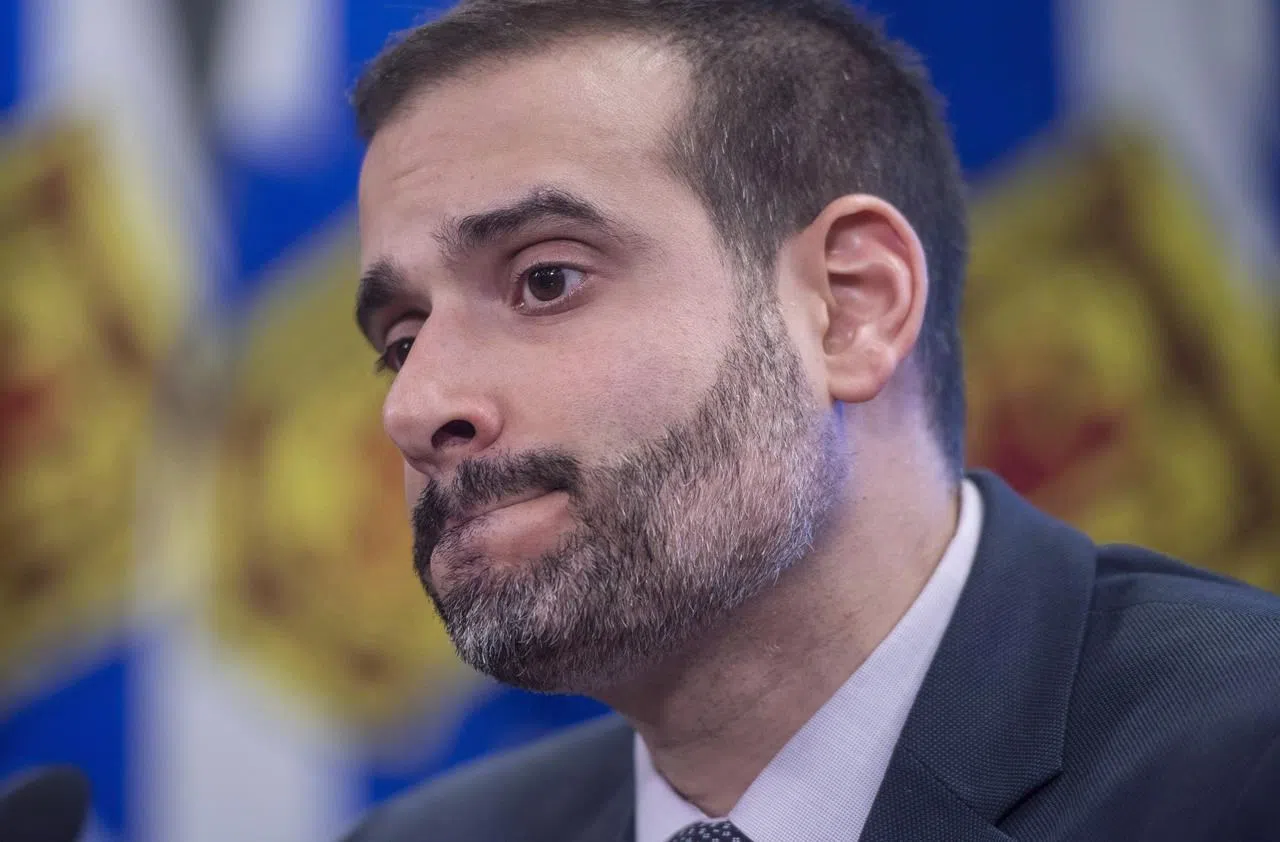
Finding enough workers still challenge as Nova Scotia rolls out pre-primary
HALIFAX — Private and non-profit child care operators in Nova Scotia say it remains to be seen how their sector will ultimately be affected by the ongoing rollout of universal pre-primary for four-year-olds across the province.
However, representatives told the legislature’s human resources committee Tuesday, the big issue remains access to enough trained early childhood educators.
Nova Scotia has 2,700 registered early childhood educators (ECEs) with about 1,700 employed in regulated child care.
“Despite the reported numbers of ECEs available to practice in the province, the regulated early learning and care sector has experienced and continues to experience significant challenges in recruiting and retaining staff, impacting quality across programs,” said Pam Streeter, of the Private Licensed Administrators Association, a group of for-profit day cares.
